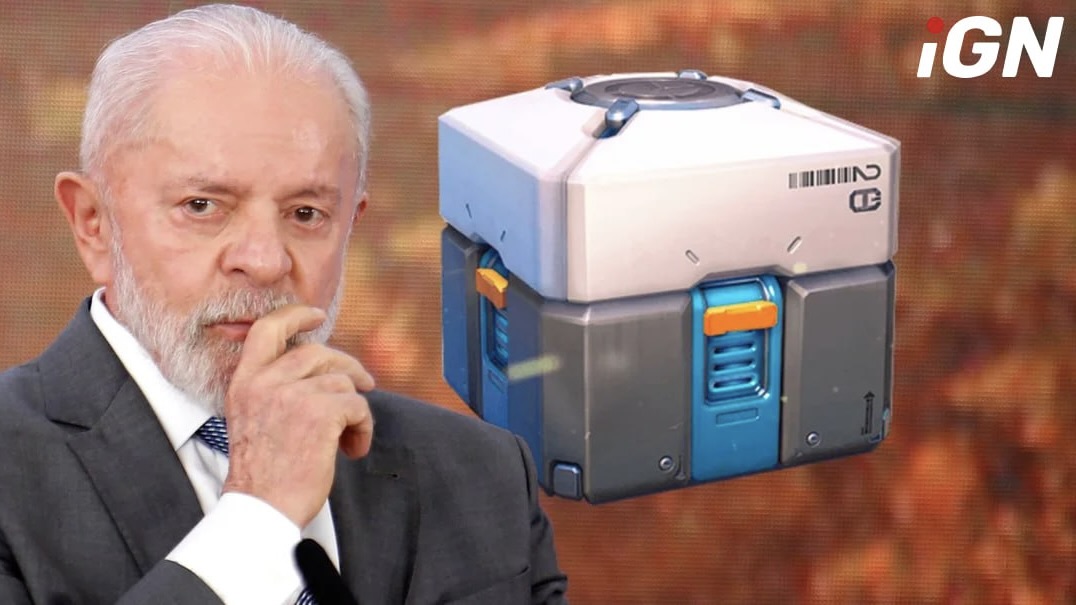Brazil Bans Loot Boxes for Minors

The President of Brazil signed Law 15.211, which prohibits loot box mechanics in games accessible to players under the age of 18.
What the Law Covers
The new regulation, also known as “Lei Felca” or the “Digital ECA,” was signed by President Luiz Inácio Lula da Silva on September 17, 2025. It goes beyond video games, aiming at broader digital regulation to protect children and teens from exploitation online.
Main points include:
- Loot boxes are banned in games for minors
- Games with mixed-age access must restrict entry for children
- Companies must implement age verification and parental controls
- Violations can result in fines of up to 10% of revenue or BRL 50 million (≈ USD 9.2 million)
Which Games Will Be Affected
The biggest impact will be felt by major titles where loot boxes are a core part of monetization:
| Game / Platform | Key Features |
|---|---|
| Counter-Strike 2 | Weapon skins and cases |
| Overwatch 2 | Reward crates with heroes and skins |
| EA FC (FIFA) | Player card packs |
| Roblox | User-generated content and items |
Why Loot Boxes Are Seen as a Risk
According to Senator Flávio Arns, loot boxes share many traits with gambling. Studies in the UK, Denmark, and Australia have linked these mechanics to addictive behavior among teenagers.
The main issue is that players never know what they will receive. This creates a gambling-like effect, increasing the risk of compulsive behavior and stress among young gamers.
When the Law Takes Effect
The law will take effect 180 days after its publication, meaning the first changes will come in March 2026. By then, developers and publishers must either remove loot boxes or restrict access for underage players.
Since Brazil is one of the largest gaming markets, international companies will need to comply with the new rules to avoid fines and market losses.
What Are Loot Boxes
Loot boxes (or “reward crates”) are in-game mechanics where players spend real money or in-game currency to receive a random item. These may include:
- Cosmetic upgrades — skins, emotes
- Gameplay advantages — weapons, characters, abilities
- Card packs or treasure chests
Because of their randomized nature and similarity to gambling, many countries have already begun regulating or banning them.
